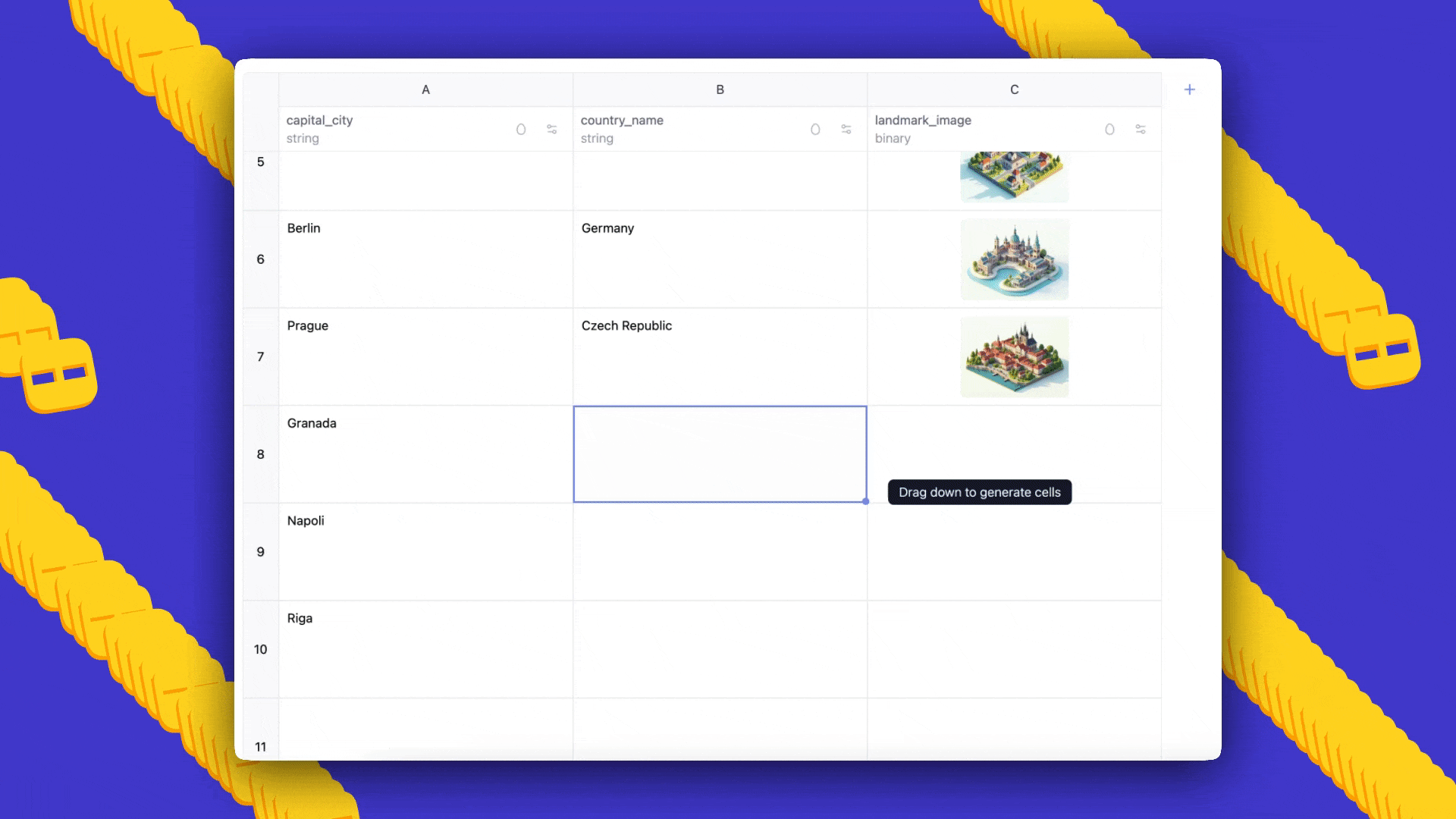Announcing the Hugging Face Fellowship Program
The Fellowship is a network of exceptional people from different backgrounds who contribute to the Machine Learning open-source ecosystem 🚀. The goal of the program is to empower key contributors to enable them to scale their impact while inspiring others to contribute as well.
How the Fellowship works 🙌🏻
This is Hugging Face supporting the amazing work of contributors! Being a Fellow works differently for everyone. The key question here is:
❓ What would contributors need to have more impact? How can Hugging Face support them so they can do that project they have always wanted to do?
Fellows of all backgrounds are welcome! The progress of Machine Learning depends on grassroots contributions. Each person has a unique set of skills and knowledge that can be used to democratize the field in a variety of ways. Each Fellow achieves impact differently and that is perfect 🌈. Hugging Face supports them to continue creating and sharing the way that fits their needs the best.
What are the benefits of being part of the Fellowship? 🤩
The benefits will be based on the interests of each individual. Some examples of how Hugging Face supports Fellows:
💾 Computing and resources
🎁 Merchandise and assets.
✨ Official recognition from Hugging Face.
How to become a Fellow
Fellows are currently nominated by members of the Hugging Face team or by another Fellow. How can prospects get noticed? The main criterion is that they have contributed to the democratization of open-source Machine Learning.
How? In the ways that they prefer. Here are some examples of the first Fellows:
- María Grandury - Created the largest Spanish-speaking NLP community and organized a Hackathon that achieved 23 Spaces, 23 datasets, and 33 models that advanced the SOTA for Spanish (see the Organization in the Hub). 👩🏼🎤
- Manuel Romero - Contributed over 300 models to the Hugging Face Hub. He has trained multiple SOTA models in Spanish. 🤴🏻
- Aritra Roy Gosthipathy: Contributed new architectures for TensorFlow to the Transformers library, improved Keras tooling, and helped create the Keras working group (for example, see his Vision Transformers tutorial). 🦹🏻
- Vaibhav Srivastav - Advocacy in the field of speech. He has led the ML4Audio working group (see the recordings) and paper discussion sessions. 🦹🏻
- Bram Vanroy - Helped many contributors and the Hugging Face team from the beginning. He has reported several issues and merged pull requests in the Transformers library since September 2019. 🦸🏼
- Christopher Akiki - Contributed to sprints, workshops, Big Science, and cool demos! Check out some of his recent projects like his TF-coder and the income stats explorer. 🦹🏻♀️
- Ceyda Çınarel - Contributed to many successful Hugging Face and Spaces models in various sprints. Check out her ButterflyGAN Space or search for reaction GIFs with CLIP. 👸🏻
Additionally, there are strategic areas where Hugging Face is looking for open-source contributions. These areas will be added and updated frequently on the Fellowship Doc with specific projects. Prospects should not hesitate to write in the #looking-for-collaborators channel in the Hugging Face Discord if they want to undertake a project in these areas, support or be considered as a Fellow. Additionally, refer to the Where and how can I contribute? question below.
If you are currently a student, consider applying to the Student Ambassador Program. The application deadline is June 13, 2022.
Hugging Face is actively working to build a culture that values diversity, equity, and inclusion. Hugging Face intentionally creates a community where people feel respected and supported, regardless of who they are or where they come from. This is critical to building the future of open Machine Learning. The Fellowship will not discriminate based on race, religion, color, national origin, gender, sexual orientation, age, marital status, veteran status, or disability status.
Frequently Asked Questions
- I am just starting to contribute. Can I be a fellow?
Fellows are nominated based on their open-source and community contributions. If you want to participate in the Fellowship, the best way to start is to begin contributing! If you are a student, the Student Ambassador Program might be more suitable for you (the application deadline is June 13, 2022).
- Where and how can I contribute?
It depends on your interests. Here are some ideas of areas where you can contribute, but you should work on things that get you excited!
- Share exciting models with the community through the Hub. These can be for Computer Vision, Reinforcement Learning, and any other ML domain!
- Create tutorials and projects using different open-source libraries—for example, Stable-Baselines 3, fastai, or Keras.
- Organize local sprints to promote open source Machine Learning in different languages or niches. For example, the Somos NLP Hackathon focused on Spanish speakers. The HugGAN sprint focused on generative models.
- Translate the Hugging Face Course, the Transformers documentation or the Educational Toolkit.
- Doc with specific projects where contributions would be valuable. The Hugging Face team will frequently update the doc with new projects.
Please share in the #looking-for-contributors channel on the Hugging Face Discord if you want to work on a particular project.
- Will I be an employee of Hugging Face?
No, the Fellowship does not mean you are an employee of Hugging Face. However, feel free to mention in any forum, including LinkedIn, that you are a Hugging Face Fellow. Hugging Face is growing and this could be a good path for a bigger relationship in the future 😎. Check the Hugging Face job board for updated opportunities.
- Will I receive benefits during the Fellowship?
Yes, the benefits will depend on the particular needs and projects that each Fellow wants to undertake.
- Is there a deadline?
No. Admission to the program is ongoing and contingent on the nomination of a current Fellow or member of the Hugging Face team. Please note that being nominated may not be enough to be admitted as a Fellow.

